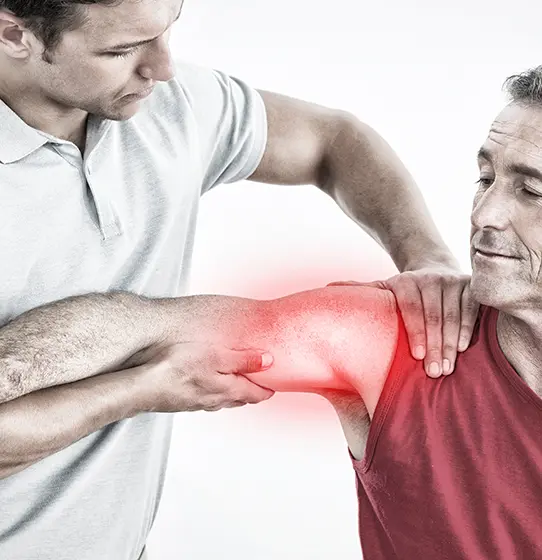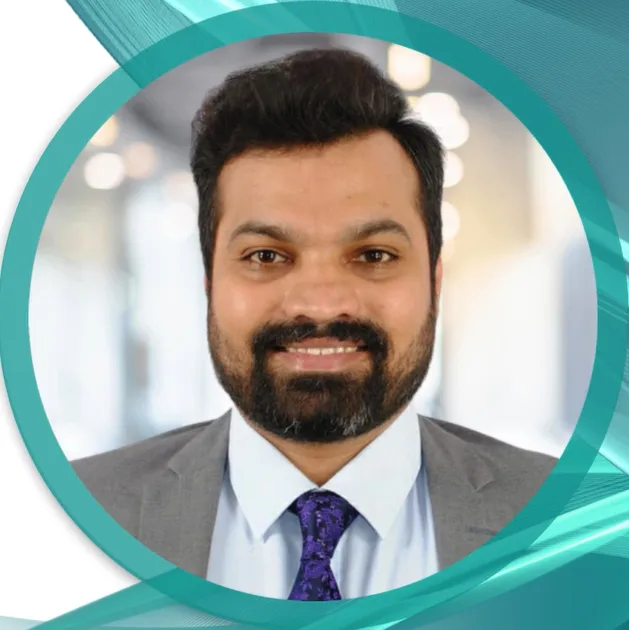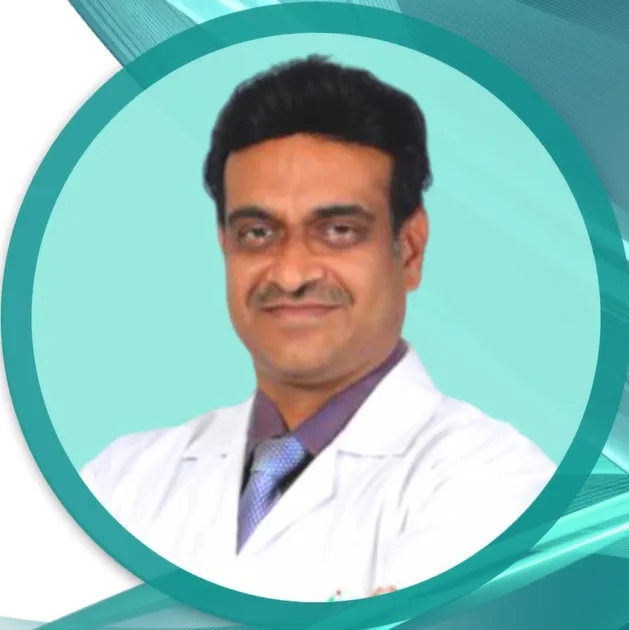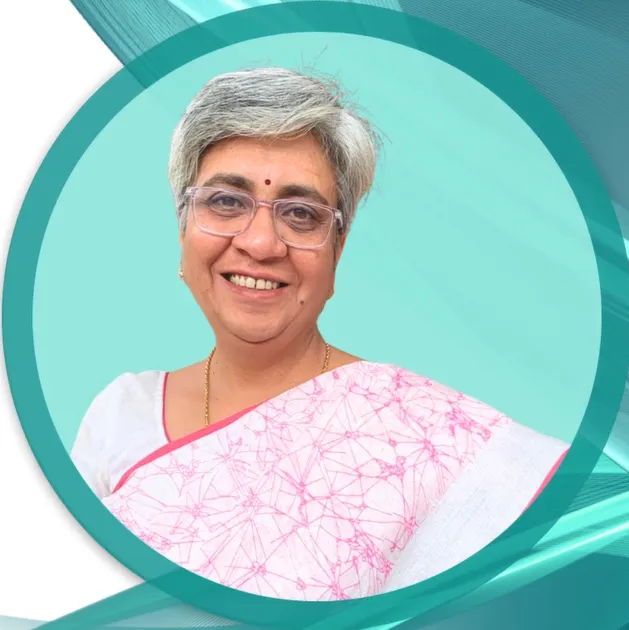Shoulder and Elbow Replacement Treatment in Bangalore – Advanced Orthopedic Solutions at Baines Hospital
Request a call back
What is Shoulder and Elbow Joint Replacement?
Shoulder and elbow replacement surgeries involve removing damaged parts of the joint and replacing them with artificial components (prostheses) to restore natural movement and relieve pain. These procedures are recommended when conservative treatments like medication, physical therapy, or injections no longer provide relief.
Pain and stiffness in the shoulder or elbow can severely limit mobility, disrupt daily activities, and affect overall quality of life. For individuals suffering from chronic joint conditions, trauma, or degenerative arthritis, joint replacement offers a reliable and long-term solution. At Baines Hospital, we specialize in comprehensive Shoulder and Elbow Replacement treatment in Bangalore, offering personalized surgical care using advanced techniques and cutting-edge technology.

Common Reasons for Joint Replacement
Chronic joint pain and untreated damage can lead to loss of function and independence. Early consultation with our orthopedic team can help prevent further complications.
Understanding Shoulder and Elbow Replacement at Baines Hospital
Chronic pain and stiffness in the shoulder or elbow can limit your daily activities and quality of life. At Baines Hospital, we use advanced surgical techniques and a patient-centered approach to restore joint function and mobility.
At Baines Hospital, our orthopedic team ensures that every patient undergoing Shoulder and Elbow Replacement treatment in Bangalore receives a thorough evaluation, clear guidance, and high-quality post-operative care.
Most Commonly Affects
⚠️ If you have persistent pain or limited movement in your shoulder or elbow, consult our specialists for a thorough evaluation.
Key Symptoms
🚨 If you experience these symptoms, seek medical advice promptly. Early intervention can restore function and prevent further joint damage.
Why Choose Baines Hospital?
Baines Hospital offers expert surgeons, advanced technology, and personalized care for every patient. Our team uses minimally invasive techniques where possible, provides comprehensive rehabilitation, and follows strict infection control protocols to ensure safe and effective joint replacement.
Our Expert Doctors
Experienced specialists delivering compassionate, advanced, and patient-focused care.
Who Is the Right Candidate?
Ideal candidates have chronic pain, failed conservative treatments, clear joint damage on imaging, and are prepared for surgery and rehabilitation. A detailed consultation at Baines Hospital will determine the best treatment for you.
Recovery and Rehabilitation
- Pain Management: Tailored plans using medications and non-pharmacologic methods
- Early Mobilization: Gentle, guided movement begins within days of surgery
- Physiotherapy: Customized rehab programs to restore joint function
- Follow-Up Care: Regular reviews to monitor recovery and implant health
Recovery after Shoulder and Elbow Replacement treatment in Bangalore depends on the patient’s age, health, and the type of procedure performed. At Baines Hospital, recovery support includes: Patients can typically return to daily activities within 6–12 weeks, with continued improvement over several months.
What to Expect During Recovery
Most patients return to daily activities within 6–12 weeks, with continued improvement over several months.
Pain Management
Individualized plans for comfort
Early Mobilization
Gentle movement starts within days
Physiotherapy
Customized rehab to restore function
Follow-Up Care
Regular reviews to monitor progress
Treatment Options
A detailed consultation and diagnostic evaluation at Baines Hospital will help determine if Shoulder and Elbow Replacement treatment in Bangalore is the best option for you.
Surgical Joint Replacement
Total Shoulder Replacement: Replaces both the humeral head and socket for severe arthritis or fractures.
Reverse Shoulder Replacement: Used when the rotator cuff is severely damaged, reversing the ball and socket position.
Total Elbow Replacement: Replaces damaged bone surfaces in the upper arm and forearm with prosthetic components.
Non-Surgical Management
Medications: Pain relievers and anti-inflammatory drugs to manage symptoms.
Physical Therapy: Exercises to improve joint strength, flexibility, and function.
Injections: Corticosteroid or hyaluronic acid injections to reduce pain and inflammation.








